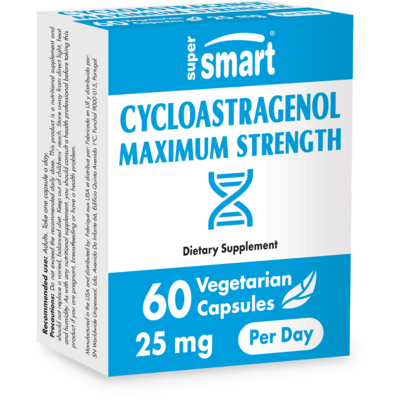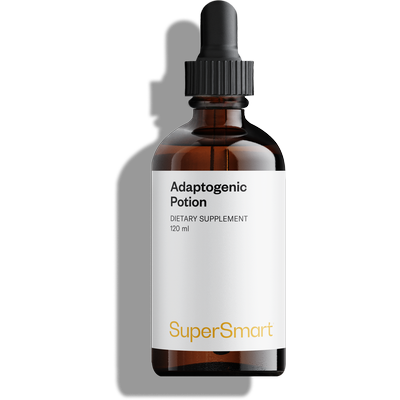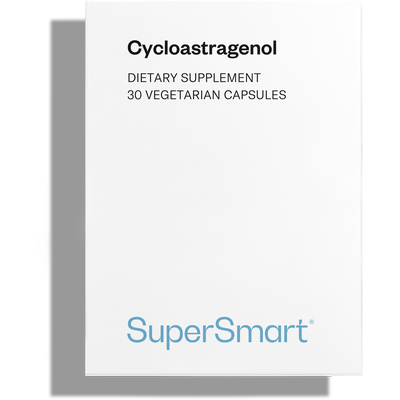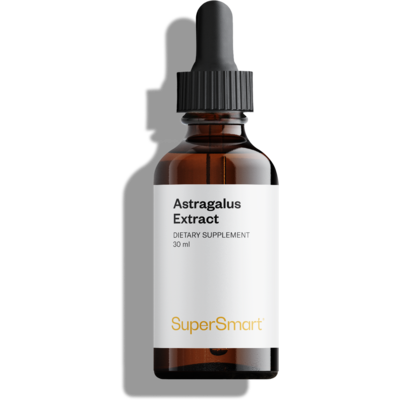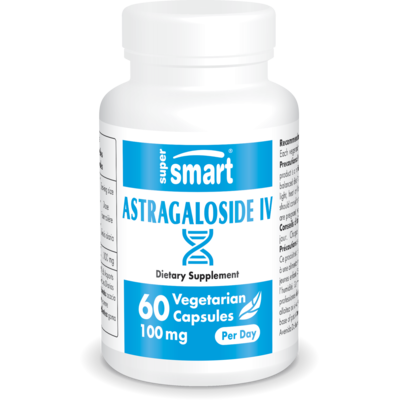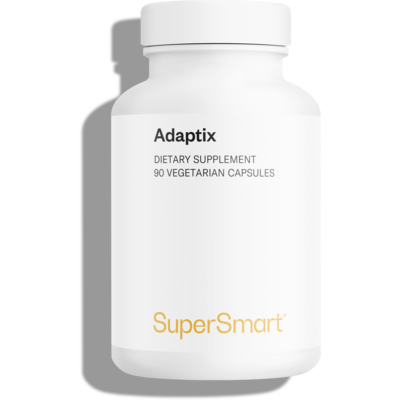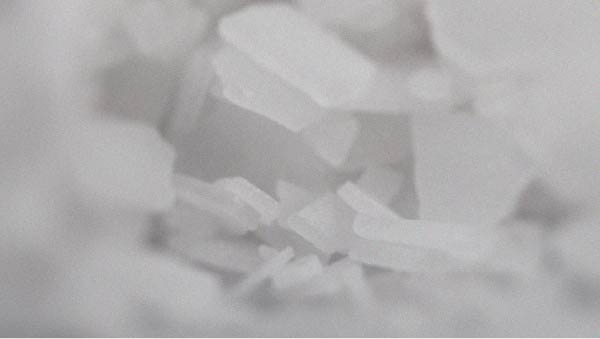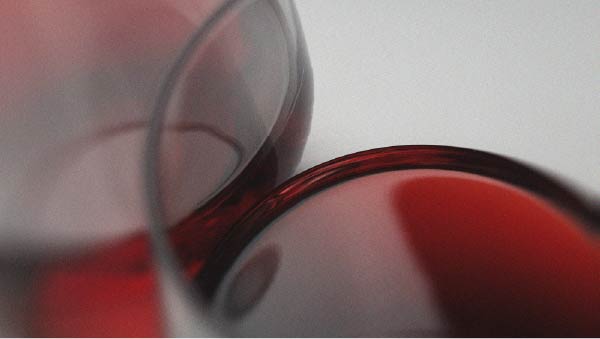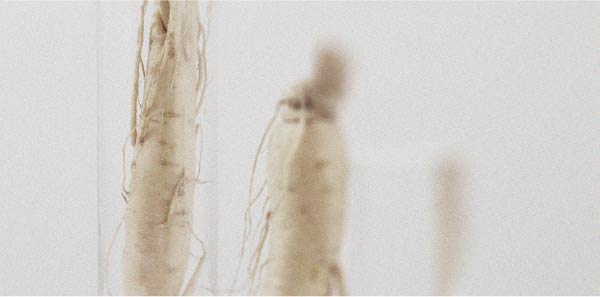Does astragalus reduce hypertension?
Astragalus is a major adaptogen plant in traditional Chinese medicine, with multiple benefits for health. But is it effective at reducing hypertension?
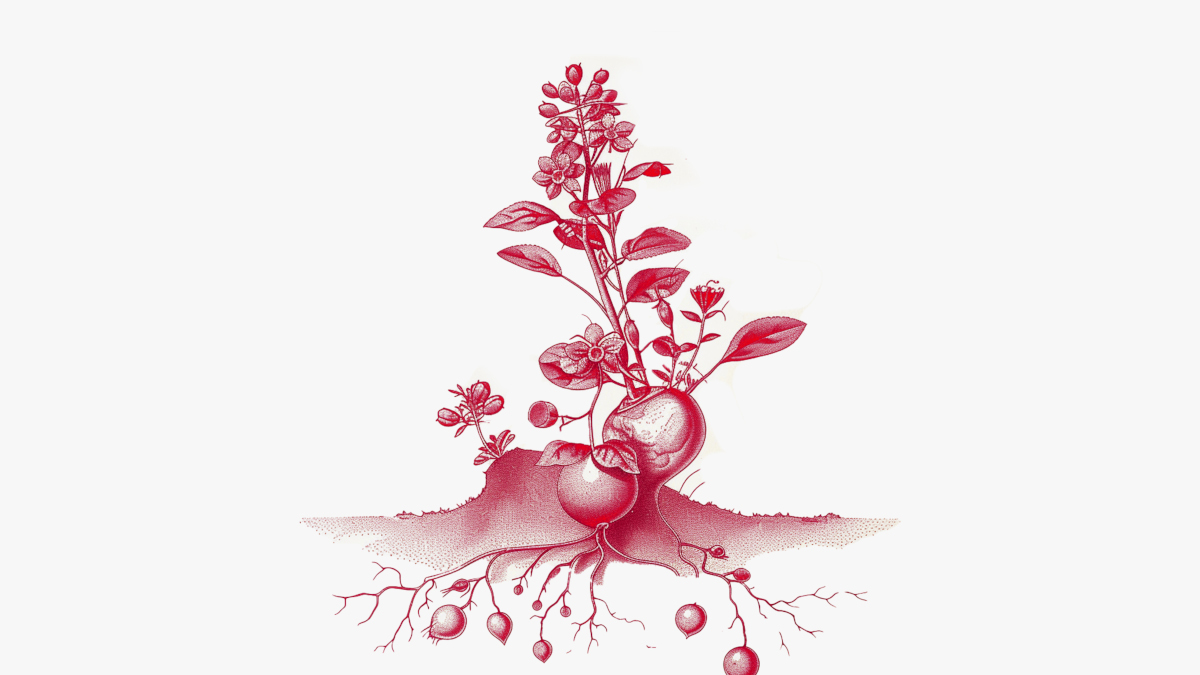
Astragalus, a key adaptogen plant from the Chinese pharmacopoeia
A small perennial native to China, Mongolia and Korea, astragalus is part of the Fabaceae family, along with broad beans, peanuts, liquorice and many other medicinal plants.
It is a key plant in traditional Chinese medicine (1). In phytotherapy, it is the root of the plant which is normally used (consumed as a tea or broth…)
Astragalus is traditionally believed to boost vital energy, to be a yang tonic and to support the circulation. It is commonly described as an adaptogen (a compound that helps improve the body’s resistance to physical, metabolic and mental stressors, etc.)
A medicinal plant with many active ingredients
As with all adaptogen plants recommended by practitioners of traditional Asian medicine, astragalus has become the subject of increasing interest to modern medicine over several years.
Several studies have thus been able to identify its various active ingredients (2) :
- polysaccharides;
- triterpene saponins including astragalosides and cycloastragenol;
- flavonoids;
- phytoestrogens (lignans);
- sterols;
- amino acids such as glutamic acid, leucine and aspartic acid;
- lectins.
Astragalus: good for the blood system and hypertension?
Effects on cardiovascular health
Several of astragalus’ active ingredients act together to benefit cardiovascular health: it’s thought the polysaccharides lower blood cholesterol levels (3), the astragalosides protect cardiac function and fight inflammation (4), etc. But what about its effects on hypertension ?
What exactly is hypertension ?
Hypertension is a chronic medical condition in which the blood pressure in the arteries is abnormally high, bringing an increased risk of serious health problems (heart attacks, strokes...)
The effects of astragalus on hypertension
Many scientists now recognise the ability of astragalus root to reduce and stabilise blood pressure (5-6), through a range of potential mechanisms:
- a vasodilator, astragalus is believed to promote the relaxation and dilation of blood vessels, thus reducing vascular resistance and lowering blood pressure;
- its diuretic effects are thought to eliminate excess water and sodium, reducing blood volume and thus blood pressure;
- The plant also contains potassium, a mineral which helps to regulate heart contractions and thus maintain normal blood pressure.
However, it’s important to consult a health professional to make sure that taking astragalus is suitable for your condition and that it can be combined with any potential blood pressure medication.
Other benefits of astragalus
Astragalus root offers other health benefits too:
Astragalus and immunity
Astragalus supports immune health, probably as a result of its high polysaccharide content.
More specifically, studies suggest that consuming astragalus extract stimulates T lymphocyte and NK lymphocyte activity (taken orally, such as Astragalus Extract, or by injection) (7-8).
Astragalus and the brain
The plant may also have positive effects on the brain due to potential anti-inflammatory properties, effects on the cardiovascular system and its status as a tonic (9).
Astragalus and old age
Astragalus is also the focus of research for its potential effects on telomeres, the parts of DNA involved in cellular ageing.
Indeed studies suggest that astragaloside IV and cycloastragenol activate telomerase, which is responsible for curbing telomere-shortening. Astragalus is also thought to slow down natural telomere-shortening as a result of its antioxidant properties (10).
Astragalus: contraindications
Insofar as astragalus supports the immune system, it is considered an immuno-stimulant and is therefore contraindicated in those suffering from an auto-immune disease.
Neither is it recommended for children or women who are pregnant or breastfeeding, as there is insufficient research on potential risks for the foetus and child development.
Apart from these few contraindications, no risks are associated with astragalus based on studies conducted on this Chinese pharmacopoeia plant: the only rare side effects reported are a few cases of headache and nausea.
The different astragalus supplements
As a result of its wide range of benefits and generally safe use, astragalus features in many dietary supplements. It has proved very popular with consumers seeking natural remedies for several ailments, including hypertension.
Astragalus extract is thus available as a ‘single ingredient’ supplement (such as Astragalus Extract, in liquid form).
Some of astragalus’ compounds are also highlighted in specific supplements, usually classed as anti-ageing (such as Astragaloside IV 98%, Cycloastragenol and CycloAstragenol Maximum Strength 98%).
Last but not least, you can find astragalus extract in synergistic formulations combining various adaptogen plants (such as Adaptogenic Potion and Adaptix).
SuperSmart ADVICE
References
- SHAHRAJABIAN, M. H., SUN, W., et CHENG, Q. A review of Astragalus species as foodstuffs, dietary supplements, a Traditional Chinese Medicine and a part of modern pharmaceutical science. Applied Ecology & Environmental Research, 2019, vol. 17, no 6.
- RIOS, J. L. et WATERMAN, P. G. A review of the pharmacology and toxicology of Astragalus. Phytotherapy Research: An International Journal Devoted to Medical and Scientific Research on Plants and Plant Products, 1997, vol. 11, no 6, p. 411-418.
- CHENG, Yunjiu, TANG, Kai, WU, Suhua, et al.Astragalus polysaccharides lowers plasma cholesterol through mechanisms distinct from statins. PloS one, 2011, vol. 6, no 11, p. e27437.
- TAN, Yu-Qing, CHEN, Heng-Wen, et LI, Jun. Astragaloside IV: an effective drug for the treatment of cardiovascular diseases. Drug Design, Development and Therapy, 2020, p. 3731-3746.
- Wu JS, Li JM, Lo HY, Hsiang CY, Ho TY. Anti-hypertensive and angiotensin-converting enzyme inhibitory effects of Radix Astragali and its bioactive peptide AM-1. J Ethnopharmacol. 2020 May 23;254:112724. doi: 10.1016/j.jep.2020.112724. Epub 2020 Feb 28. PMID: 32119952.
- Sun T, Xu H, Xu F. Astragalus injection for hypertensive renal damage: a systematic review. Evid Based Complement Alternat Med. 2012;2012:929025. doi: 10.1155/2012/929025. Epub 2012 Apr 19. PMID: 22577466; PMCID: PMC3345783.
- LIU, Qing-yang, YAO, Yong-ming, ZHANG, Shu-wen, et al.Astragalus polysaccharides regulate T cell-mediated immunity via CD11chighCD45RBlow DCs in vitro. Journal of Ethnopharmacology, 2011, vol. 136, no 3, p. 457-464.
- LI, Chun-xiao, LIU, Ying, ZHANG, Yu-zhen, et al.Astragalus polysaccharide: a review of its immunomodulatory effect. Archives of Pharmacal Research, 2022, vol. 45, no 6, p. 367-389.
- KRASTEVA, Ilina, NIKOLOVA, Irina, DANCHEV, Nicolay, et al.Phytochemical analysis of ethyl acetate extract from Astragalus corniculatus Bieb. and brain antihypoxic activity. Acta Pharmaceutica, 2004, vol. 54, no 2, p. 151-156.
- LIU, Ping, ZHAO, Haiping, et LUO, Yumin. Anti-aging implications of Astragalus membranaceus (Huangqi): a well-known Chinese tonic. Aging and disease, 2017, vol. 8, no 6, p. 868.
Keywords
1 Days
great products and prices
great products and prices
Marie
7 Days
Easy to navigate site
Easy to navigate site, had what I was searching for, good price. easy order-check out
James Tucker
13 Days
My skin is clearing up nicely!
Pretty good for my skin so far.
Christian
16 Days
The new packaging is excellent
The new packaging is excellent - finally! No more squashed boxes and torn envelopes.
GORAN
16 Days
Great Product
Great Product
Larry Garrett
21 Days
Quick shipping
Quick shipping; good price. No issues!
Mary McCarty
22 Days
Thr product is very good and is helping…
Thr product is very good and is helping me on my health. Then is always on time
LUGO Luz
25 Days
Buying was fine
Buying was fine. I had problems with the website not recognizing my login info, and had to call to get it fixed. Other than that, everything was good.
David S. Clark
25 Days
Your super maca and super ginseng are…phenomenal
Your super maca and super ginseng are phenomenal supplements that compliment each other when taking them together. Fantastic feeling of well-being and lots of mid day energy without the crash.
Keith Mason
28 Days
I have had amazing results with every…
I have had amazing results with every supplement I've purchased. I am extremely satisfied with this company
kirstin Torres
28 Days
Fine products
Fine products . They are on the leading edge of online supplements. The only issue -so far-is they sometime run out of subscription items.
Jason Argos
31 Days
The ordering process is very user…
The ordering process is very user friendly and the products always come in a timely manner.
CARTER Rhonda
32 Days
The price for Dr
The price for Dr. Pero's AC-11 is reasonable and in line with his views. (my former colleague). Keep it pure.
CAMPBELL Clayton
34 Days
Right on every time.
Right on every time.
Arthur Nicholas
37 Days
They are cheaper than everyone else and…
They are cheaper than everyone else and the shipping was fast. Great company.
Patricia Adams


